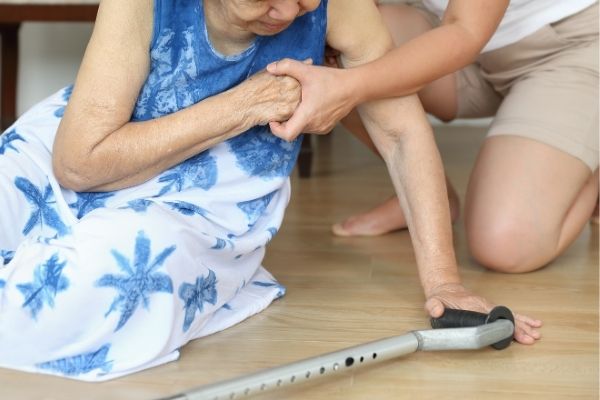When a person is injured on someone else’s property, the owner of the property may be liable for damages. This is known as “premises liability.” This is a tort and is controlled by state law. Each state is different and so it is important to consult an attorney to address your specific situation, but some of the generalities will be covered below.
Premises liability is based on the theory of negligence, so the first question is whether the defendant owed a “duty” to the injured party. To determine duty, the “class” of the person matters. There are three classes: invitees, licensees, and trespassers. South Carolina is one of the states which recognizes all three classes, whereas North Carolina treats invitees and licensees the same.
An invitee is usually a person who enters the premises of another for the mutual interest of both properties, such as a customer at a store. A licensee is a person who enters the property of another with the consent of the property owner, but just for their own benefit, not the benefit of the owner of the land. The most common licensee is the “social guest” to your home. Trespassers are people who enter the property of another without consent. It is important to note that children trespassers are often treated as if they were licensees.
For an invitee, the landowner is supposed to use reasonable care to keep the property safe. The reasonable care standard is also what is used in North Carolina for any person legally on the property. For trespassers, the landowner basically just needs to avoid intentionally or recklessly causing harm to the person. Courts define the duty to licensees differently and it is somewhere in the middle of “reasonable care” and “reckless indifference.”
To prove premises liability, the danger that caused the fall must have either been negligently created by the owner of the property (or an employee) or the owner of the property must have had “constructive notice” (which means they either knew or should have known of the danger). The amount of time the danger was present on the property is a major factor in determining constructive notice.
The specifics of these types of cases are key and different factors can make a huge difference. Because these types of cases rely so much state law, the specific facts of the case, and because there are numerous arguments, defenses, and counter arguments that can be used for each unique case, it is important that if you’ve been injured on someone’s property that you contact a lawyer immediately.
If you have a personal injury or other legal issue, contact King Law at 888-748- (5464) KING for a consultation. We have offices located across western North Carolina and upstate South Carolina. King Law is here to serve you and help navigate this journey you are on.


